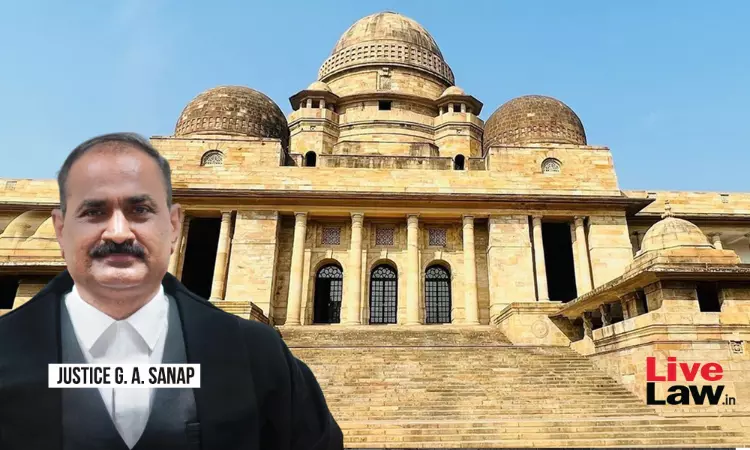Application To Become Approver Cannot Be Withdrawn Once Pardon Is Granted: Bombay High Court
Amisha Shrivastava
25 Aug 2023 6:42 PM IST

Next Story
25 Aug 2023 6:42 PM IST
The Nagpur bench of the Bombay High Court recently held that an accused cannot withdraw application to become a witness for the prosecution (approver) against co-accused once the application is accepted and pardon is already granted.Justice GA Sanap explained that once an accused becomes an approver, (s)he must be examined as a prosecution witness, and pardon can be withdrawn only as per...
